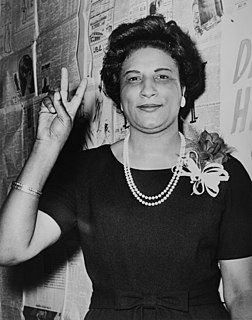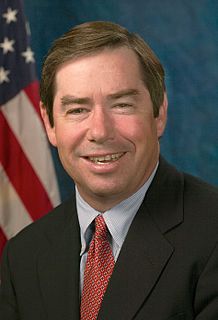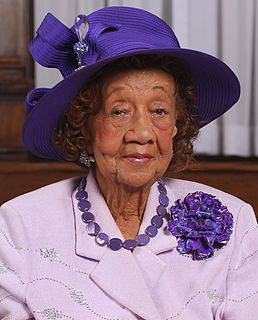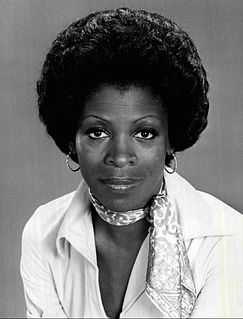A Quote by Constance Baker Motley
By 1962, King had become, by the media's reckoning, the new civil rights leader.
Related Quotes
What Malcolm X did not know is that back in 1962, a collaborator of Alex Haley, fellow named - a journalist named Alfred Balk had approached the F.B.I. regarding an article that he and Haley were writing together for The Saturday Evening Post, and the F.B.I. had an interest in castigating the Nation of Islam, and isolating it from the mainstream of Negro civil rights activity.
In the South, prior to the Civil Rights movement and the 1964 Civil Rights Act, democracy was the rule. The majority of people were white, and the white majority had little or no respect for any rights which the black minority had relative to property, or even to their own lives. The majority - the mob and occasionally the lynch mob - ruled.






































